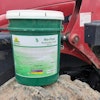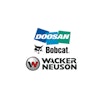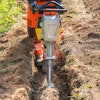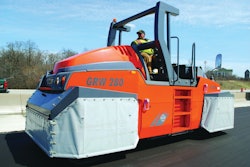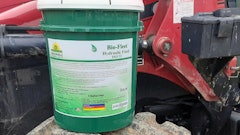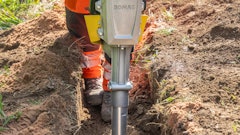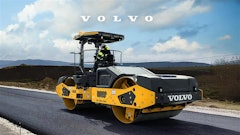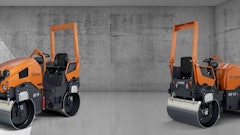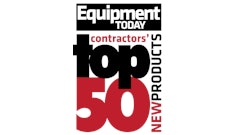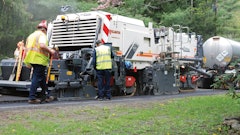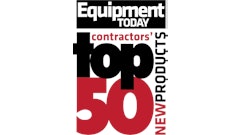Pneumatic rollers are used to accomplish essentially the same task as their steel drum counterparts. And for the contractors who rely on their compactive efforts, they need to be just as reliable.
"Downtime is expensive to a contractor and it plays havoc in disrupting paving schedules," notes Dave Dennison, BOMAG. "A roller is a major capital investment and contractors seek the highest return on that investment."
As with any piece of equipment, proper maintenance and service is critical to ensure pneumatic rollers stay up and running. "Following the manufacturers' preventive maintenance and service schedules helps maximize a roller's usable life and maintain top resale value," says Dennison. "An unmaintained piece of equipment can become unreliable and typically will not retain its resale value. Its compaction performance and overall productivity will be diminished."
Tires are a top concern
While routine maintenance, such as changing fluids and lubricating steering mechanisms, etc., are essentially the same for both steel drum and pneumatic rollers, there are some differences that should be highlighted. In the case of pneumatics, tire care is of top concern.
"Tires are important for obtaining the result you're looking for," says Jim Joerres, Ingram.
Part of tire care is proper sizing, construction and inflation pressure.
Tire size is important because it affects compaction. Be sure that all tires are the same diameter and circumference. If you take a tire out of service and replace it with a new one, it will affect the load placed on the taller tire, and ultimately the quality of the job.
"It may be best to replace all tires and utilize worn tires as spares to match as needed when a tire is taken out of service," says Steve White, Michelin.
Tire inflation also affects compaction, so you will want to maintain equal pressure across all of the tires. "If one tire is inflated more than the others, it will have a different compactive effort because it will have a smaller contact area on the mat," says Joerres. "It can leave more of a groove, whereas tires with lower inflation pressures will be softer and will have more contact area."
Avoid mismatches
Pay attention to whether tires are bias or radial construction, and make sure you use the same type in all positions.
"Even though their diameter may be the same, the varying deflection of the tires and their structural design will affect their rolling circumference, causing a mismatch on the load the tire carries, possibly diminishing tire life," says White. "Tire construction mismatch also affects the quality of the compaction work."
Ensure that tires are properly mounted and seated, since poorly mounted tires can affect compaction uniformity, and can ultimately affect tire longevity.
Routinely inspect tires and wheels for damage and uniformity. Remove any debris that can puncture the tire. "Any damaged tire that could cause safety issues should be removed," says White. "Wheel damage or uniformity issues can affect compaction and regular tire wear, and they may need to be replaced."
Prevent pick-up
Maintain systems that prevent asphalt pick-up on the tires, and operate them according to manufacturer guidelines. Many units rely on heating systems and heat shields to keep tires warm to prevent asphalt from sticking. "Proper maintenance and use of these systems is important so tires don't overheat," says White.
If you use a release agent delivered via the spray system, avoid petroleum-based products such as diesel fuel or kerosene. "These chemicals break down the tire and will greatly shorten tire life," White cautions.
Ensure the spray system is functioning properly to evenly distribute the release agent. "Don't disregard the water spray system," says Dennison. "A properly functioning system is essential to thoroughly covering the tire surface prior to the tires reaching an adequate working temperature."
Scraper adjustment and cocoa mat maintenance are also important to prevent asphalt pick-up. "Check scrapers to ensure they aren't scraping too hard, which can damage the tires," advises Joerres. "Also make sure they aren't too loose, which can allow asphalt to build up on the tires. You should be able to lift the scraper with your little finger."
